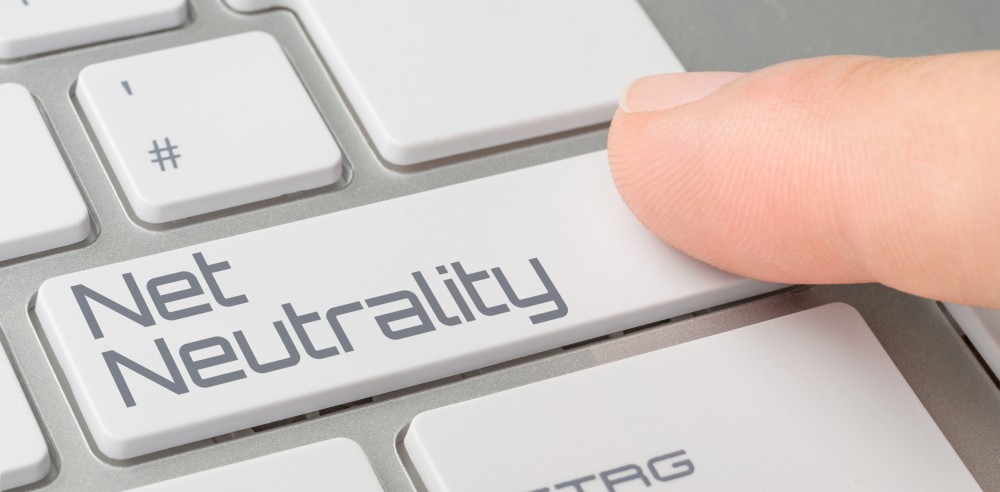
U.S. Rep. Marsha Blackburn (R-TN) wants to ensure an open internet and prohibit blocking of lawful content, services, devices and applications.
Blackburn on Dec. 19 introduced the Open Internet Preservation Act, H.R. 4682, a congressional rather than regulatory solution to make that happen.
“The Open Internet Preservation Act will ensure the internet is a free and open space,” said Rep. Blackburn, chairman of the House Energy and Commerce Communications and Technology Subcommittee.
“This legislation is simple, it provides light-touch regulation so companies can invest and innovate, and makes sure our internet is up to 21st century standards,” she added.
U.S. Rep. Steve Stivers (R-OH) has signed on as one of 15 Republican cosponsors of H.R. 4682.
Introduction of the bill follows recent action by the Federal Communications Commission (FCC) on Dec. 14 to repeal the 2015 Title II regulations under the Communications Act of 1934, the so-called net neutrality rules for internet providers. The repealed regulations classified broadband internet as a utility-like tool for communication. The FCC now will categorize it as an information service. The change removes bans on throttling, blocking and paid prioritization, as well as on how much data companies would have to report.
Blackburn’s new bill would replace some of those newly adopted regulations, though not all of them.
H.R. 4682 would restore two provisions of the FCC’s net neutrality rules: the ban on blocking websites and the ban on slowing down websites. The FCC’s lifted ban on paid prioritization—the ability of internet providers to charge money to speed up certain websites—is not included in Blackburn’s bill.
As she signed the bill in her office prior to introducing it this week, Blackburn posted a live tweet saying that now that FCC Chairman Ajit Pai “had done his job” of getting the net neutrality rules off the books, “it’s up to Congress to do theirs. This bill will ensure there is no blocking, no throttling. It is my honor to sign this bill—let’s get it to @realDonaldTrump’s desk.”
H.R. 4682 would limit the FCC’s authority and preempt state law regarding internet openness obligations, and would require that broadband internet access service be considered an information service.
“The American people have been misled” on what net neutrality is and how they would be affected by it, Blackburn said in another tweet on Dec. 20.
“Obama-era net neutrality rules hurt investment and innovation,” she added in a Dec. 15 tweet.
H.R. 4682 has been referred to the House Energy and Commerce Committee, where U.S. Rep. Greg Walden (R-OR), committee chairman, commended Blackburn for her work on this issue and thanked her for introducing a bill aimed at solving “a very complicated problem.”
Rep. Walden added that the bill “lays the groundwork for Congress to enact broadly bipartisan principles that will preserve the dynamic internet ecosystem that has driven so much growth and innovation over the last two decades.”
An FCC official also welcomed Blackburn’s bill.
“This bill is a thoughtful approach, includes necessary boundaries and offers a realistic opportunity for compromise and finality on this much-debated issue,” FCC Commissioner Michael O’Rielly said.
“A legislative solution, which I have long advocated, would provide clear congressional direction and limited legal authority for such purposes,” O’Rielly added.
Rep. Stivers also said the bill addresses the need to appropriately fit consumer protections to advancing technology.
“Bottom line: Free and open internet should never be a partisan issue,” said Stivers. “This bill would put into law crucial consumer protections that millions of Americans have asked for and that are emphasized in the principles of net neutrality.”
And H.R. 4682 does so, he said, “without imposing the burdensome and overly broad aspects that were originally designed for the rotary telephone on the cultural and economic engine that is our modern internet.”



